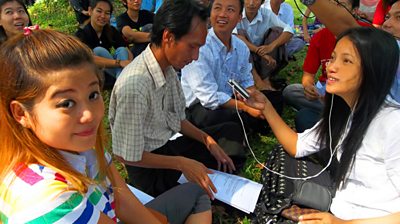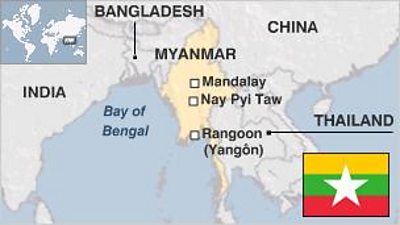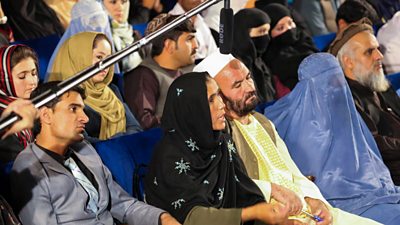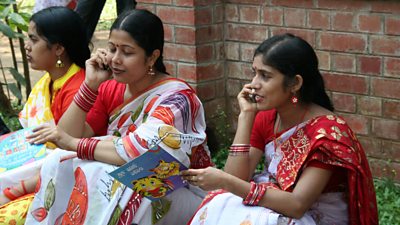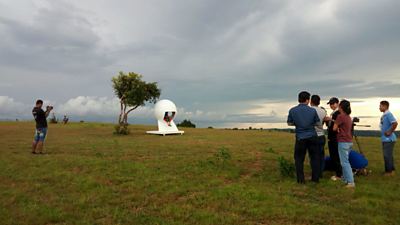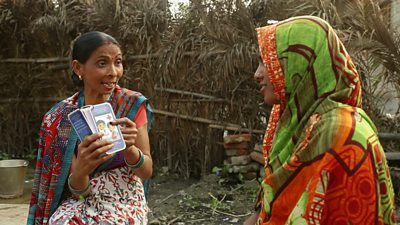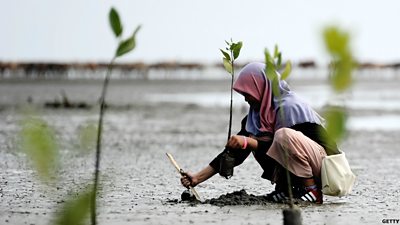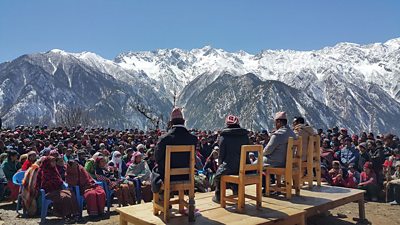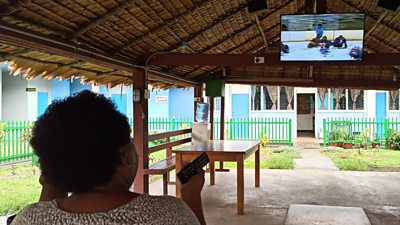- Our office: Yangon
- Our areas of focus: Peacebuilding and social cohesion, governance, sexual and reproductive health and rights, migrant and labour rights
- Our partners: Access to Health, DAI, Joint Peace Fund, Norwegian Agency for Development Cooperation (NORAD), Livelihoods and Food Security Fund (LIFT), USAID
About our work
�鶹Լ�� Media Action began working in Myanmar in 2013, as state media moved to a more public-service model, independent media outlets began springing up, and the country opened up to the internet – resulting in one of the fastest-growing rates of social media usage anywhere in the world. But complex internal divisions between ethnic and political groups remain, exacerbated by the proliferation of online hate speech and misinformation among audiences with poor digital literacy.
Until 2021, much of our work in Myanmar was about bridging these divides. Our much-loved peacebuilding radio drama, Tea Cup Diaries, ran for more than six years, and our vibrant TV documentary series Khan Sar Kyi (‘Feel it’), which was set to begin its second season in February 2021, opened our audiences to diverse cultures and identities within the country, helped communities understand one another, and promoted peaceful discussion and conflict resolution. Both shows reached millions of people across the country and digital outreach and engagement continued these important discussions online; both projects have almost one million followers on Facebook alone. Research suggests our audiences are encouraged to be more open to social interaction with people of different religions, and to discuss peace-related issues in their communities. Our team has also worked to understand and improve the digital literacy of young Facebook users to inform future work tackling false and misleading information. And our Yay Kyi Yar (‘Towards Clearer Waters’) TV debate and discussion shows helped Myanmar’s millions of migrant workers understand the risks and opportunities of migration, know their labour rights, and manage their money effectively.
The February 2021 military coup in Myanmar required a shift in our approach and our projects. Amid ongoing uncertainty, we are continuing to deliver a number of health-related projects, primarily on digital platforms. Through our innovative, digitally-led sexual and reproductive health and rights project Ma Shet Ne (Don’t Be Shy), we’re tackling the societal shame around premarital sex which prevents open discussions around sexual health. Our Tu Tu Pa (We're the Same) project is working to dispel stigma and stereotypes about people living with disabilities, while our A Ha Ra (A Mother's Love) project is supporting young parents - particularly mothers - in Myanmar to improve water, sanitation and hygiene practice and nutrition for healthier babies and young children.
Latest news from Myanmar
Our projects in Myanmar
-

A Mother's Love
We're working to support young parents in Myanmar on improved WASH and nutrition for their babies and young children. -
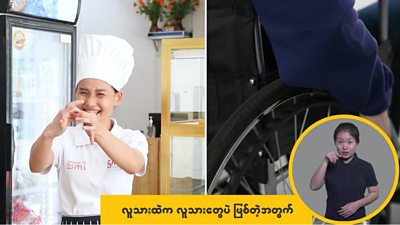
'We are the same’ – focusing on people with disabilities in Myanmar
Our Tu Tu Pae (“We are one and the same”) project is improving access to information on the rights and health of people with disabilities, and building a more inclusive society for all. -

Ma Shet Ne - Don't Be Shy
Ma Shet Ne is our project on sexual and reproductive health and rights, reaching young people online with innovative content through our popular Facebook page. -
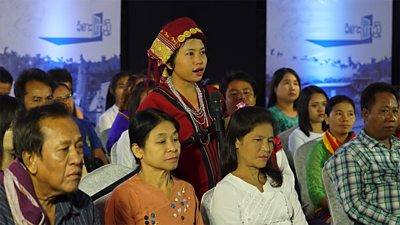
Khan Sar Kyi: A national discussion for understanding and peace
The Khan Sar Kyi project aims to build a broad and inclusive public debate in Myanmar by showcasing diverse perspectives on identity and increasing audience understanding of the causes of, and potential solutions to, conflict. -
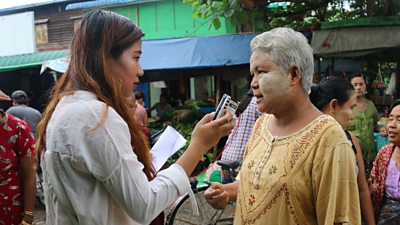
Yay Kyi Yar: Making the most of migration and money
Yay Kyi Yar ("Towards Clearer Waters") provides information to people in Myanmar on the risks and opportunities of migrating for work, so they can make informed decisions about whether migration is right for them. -
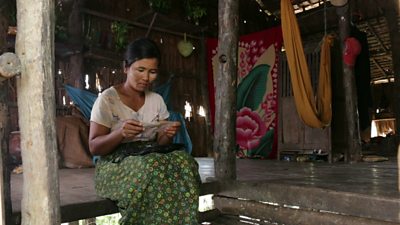
Preparing for extreme weather in Myanmar
Using media to improve communities’ ability to prepare for and respond to extreme weather and disasters in Myanmar. -
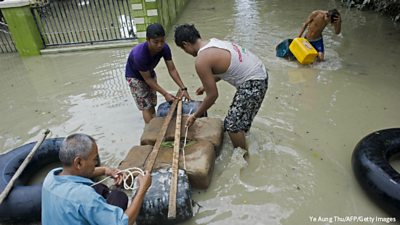
Lifeline radio in Myanmar
�鶹Լ�� Media Action's daily radio programmes provided practical information for people affected by 2015 flooding in Myanmar. -
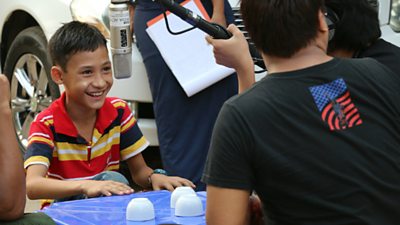
The Tea Cup Diaries: bringing communities closer through drama
The Tea Cup Diaries (La Pe’ Ye Ta Kwe Ye Diari) aims to increase understanding and tolerance between different ethnic and religious communities through radio drama. -

Informing, building confidence and promoting discussion
LLKS is a ground-breaking radio programme aiming to inspire discussion, encourage social cohesion and boost confidence among young people in Myanmar. -
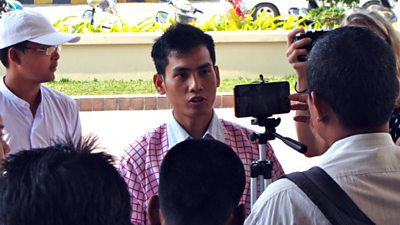
Strengthening Myanmar’s media sector
�鶹Լ�� Media Action supported Myanmar Radio and Television (MRTV) in its transition to public service broadcaster between 2013 and 2016.
Our insight and impact
Use our research library-
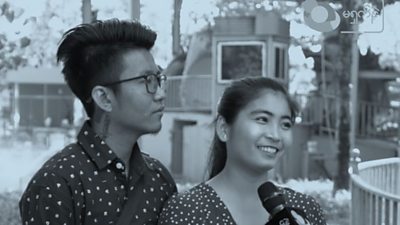
Digital media for young people in Myanmar – breaking taboos and discussing reproductive health
January 2022
Research findings show that young people are highly engaged with the digital content, Ma Shet Ne (Don’t be shy!), designed to support young people living in Yangon to access quality information and understand their rights and responsibilities in relationships and sexual health. -
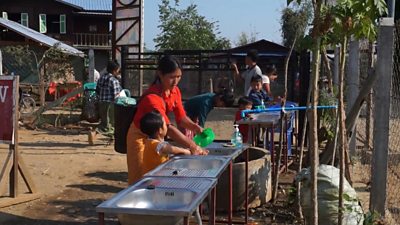
Changes in family handwashing practices in Myanmar during the pandemic
January 2021
Our research looks at how family handwashing practices changed in Myanmar during the pandemic and the key motivators and barriers to sustainable change. -
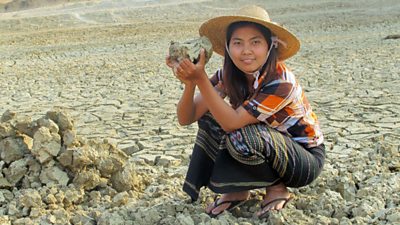
Stories of change: Kan At village, Myanmar
After hearing an episode about water conservation, young listeners of radio show Lan Lat Kyiar Sin (Bright Young Stars) were inspired to take action – rebuilding their village pond so that now it's ready to provide a reliable water supply all year round. -
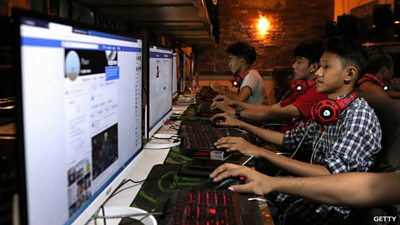
Research summary: Testing new content in Myanmar to address misinformation and disinformation on social media
Research findings from testing content addressing fake news, misinformation and disinformation on social media in Myanmar. -
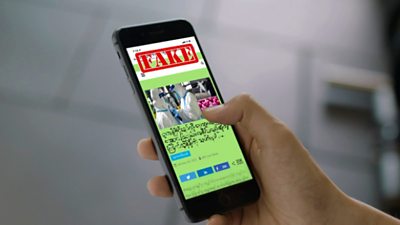
Research summary: How are young people in Myanmar encountering mis- and disinformation, including about COVID-19, online?
Research findings from focus group discussions with young people in Myanmar around how they and their peers encounter and respond to 'fake news', including about the COVID-19 pandemic, on social media. -

Research summary: how a radio drama is changing attitudes in Myanmar
A research summary exploring how a radio drama can improve understanding, openness and respect for people from different ethnic and religious backgrounds in Myanmar. -
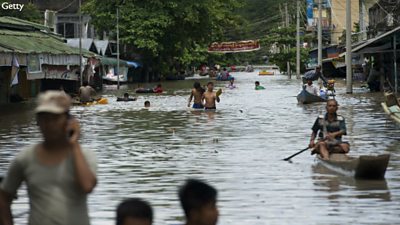
Research briefing: What role does lifeline preparedness play in enabling effective communication in a crisis?
This study evaluates to what extent �鶹Լ�� Media Action’s preparedness work has built its own capacity and that of its partners to produce Lifeline broadcasts that meet audiences’ information and communication needs in a crisis. -

Research briefing: Tea Cup Diaries - helping communities in Myanmar understand each other
How can a radio drama support audiences in Myanmar to understand, and be more accepting towards, greater religious and ethnic diversity? Learn more in our latest research briefing. -
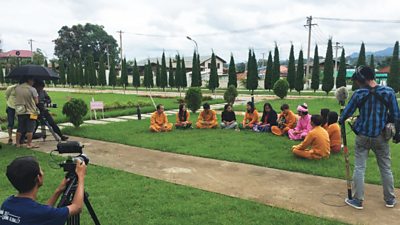
Research briefing: How a multi-media project supports peacebuilding in Myanmar
Our research briefing describes the process behind the creation of our innovative multi-media project Khan Sar Kyi (Feel it!). -
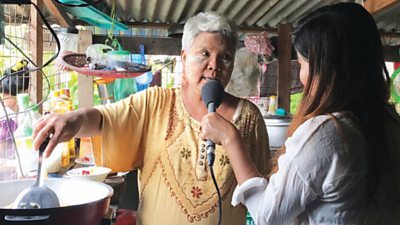
Research briefing: Helping radio listeners manage their money in Myanmar
This briefing looks at the role radio can play in helping people manage their money effectively in Myanmar, and how audience research and adapting programming are important to achieving impact in this area. Find out more in our latest research. -
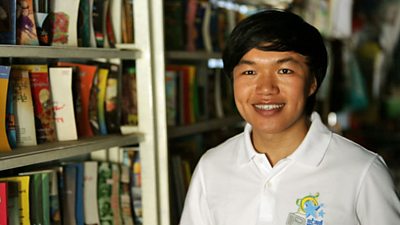
My Media Action films: Yan Htaik Seng, Myanmar
How radio is helping young people in Myanmar speak up. -
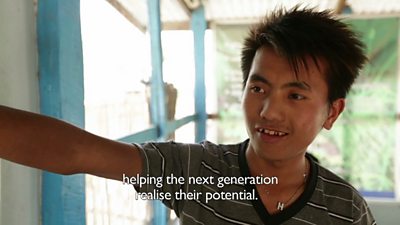
My Media Action films: Lay Lay, Myanmar
How the radio programme Bright Young Stars is inspiring young people in Myanmar. -
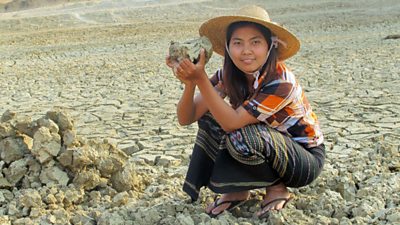
Stories from our work: Khin Saw Win, Myanmar
How a radio programme inspired a group of young people in Myanmar to rebuild their village pond.
